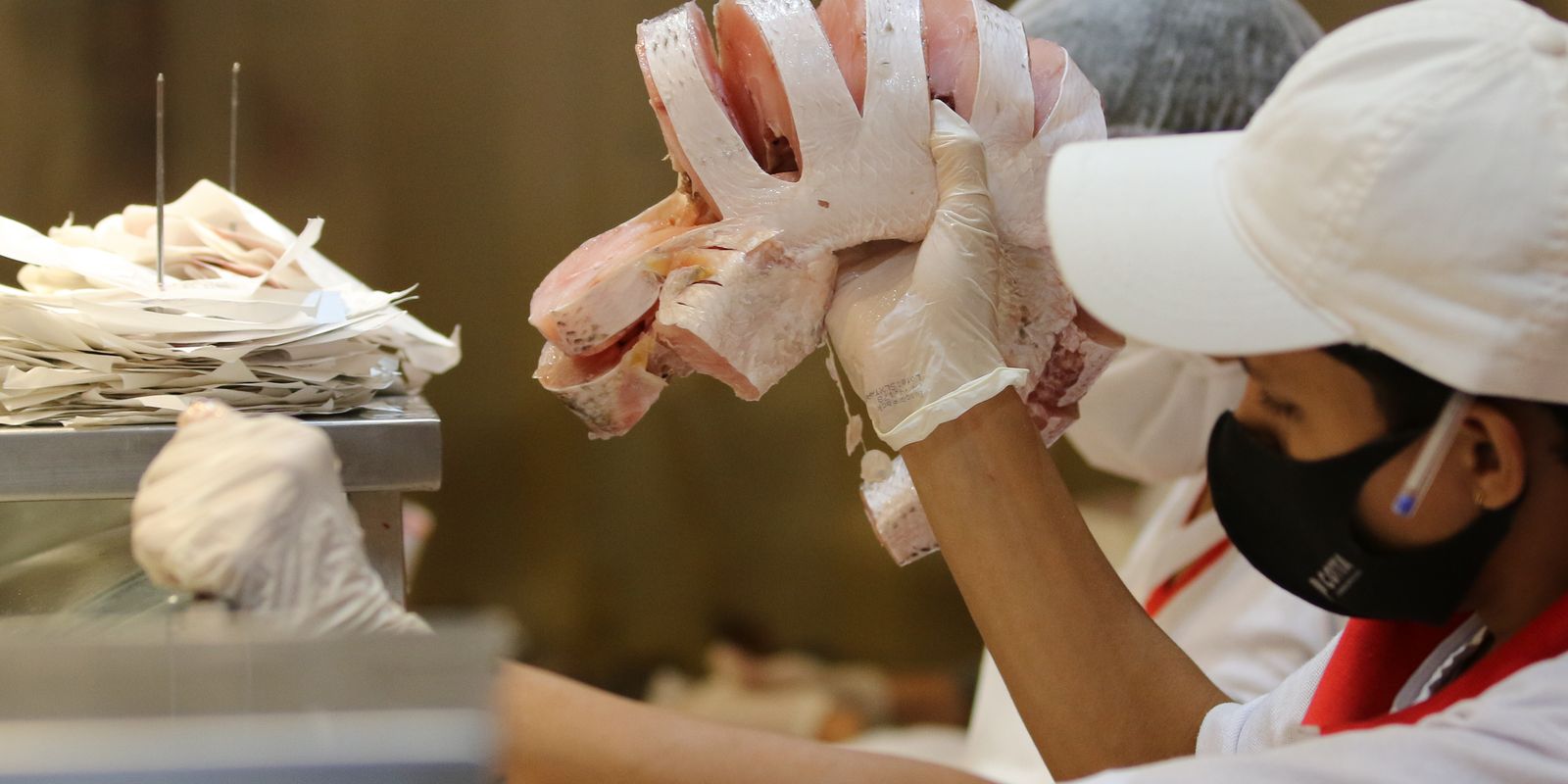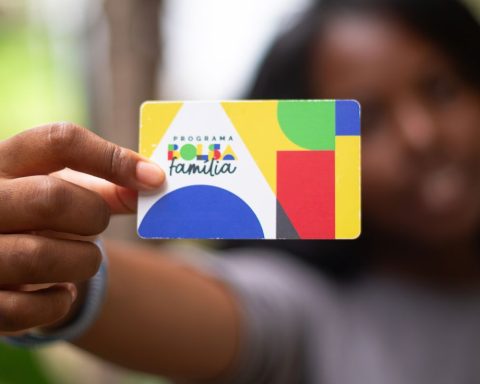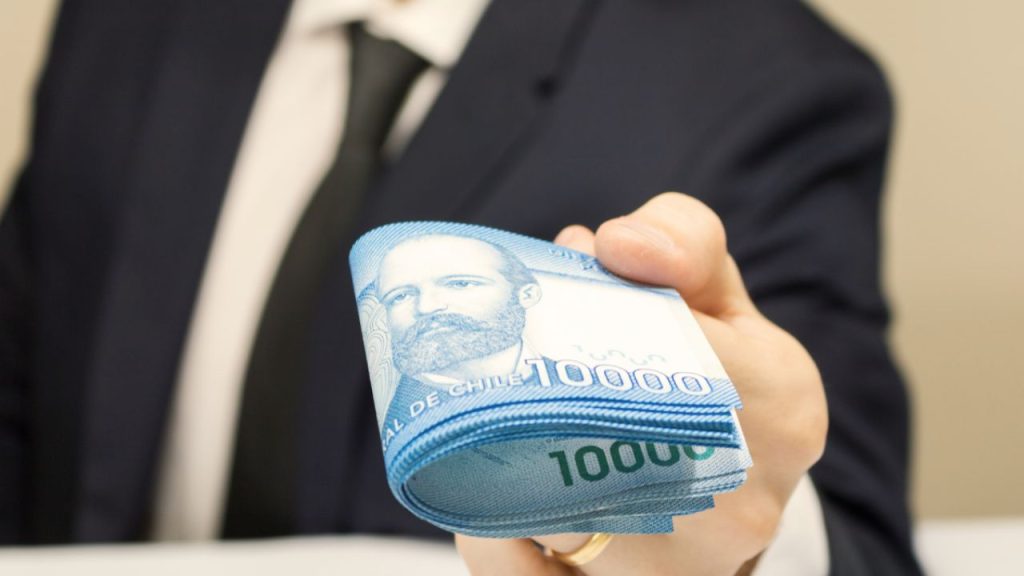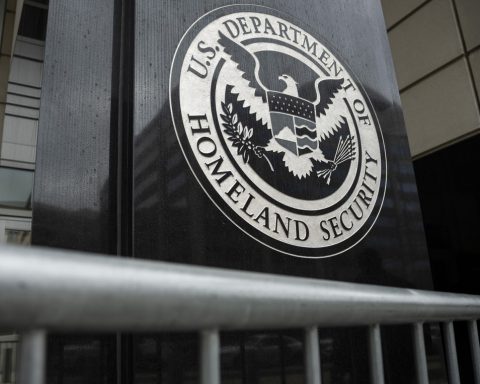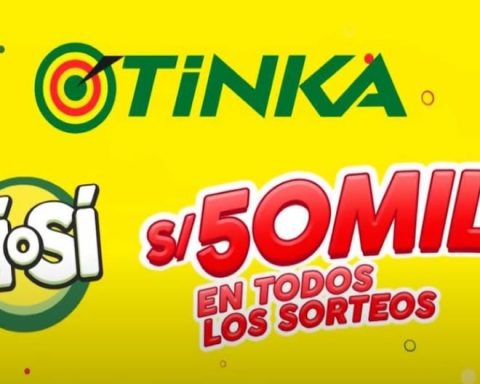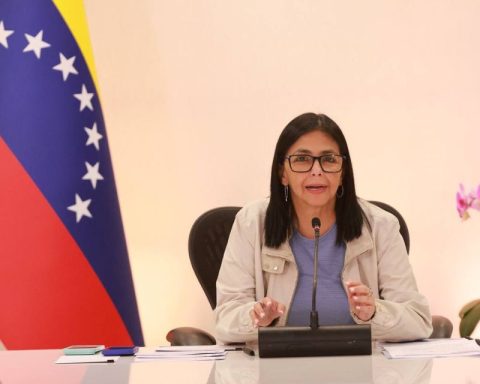The North American market will no longer require International Health Certification (CSI) to import Brazilian fish. The announcement is from the Ministry of Agriculture and Livestock (Mapa), that the decision will speed up sales of the Brazilian product.
“This debureaucratization of the export process does not mean a lack of control, it is the opposite, Brazilian businesspeople will follow the rules of the United States Federal Food and Drug Administration (FDA), which will simplify, reduce bureaucracy the process and increase the competitiveness of the sector”, assesses minister Carlos Fávaro in a note published byMapa.
“Failing to issue the CSI to the United States not only speeds up the export process, but also reduces the pressure on our work, as there are units that issue up to eight certificates per day from just one industry, and if there is more than one, this number doubles”, explains Allan Alvarenga, Deputy Secretary of Agricultural Defense.
According to the Peixe Br platform, from the Brazilian Psychoculture Association, the United States was the destination for 87% of the total fish exported by Brazil in the 2nd quarter of this year (latest available indicator)
During the period, Brazilian exports of psychculture products reached US$ 15 million. Nine of every ten kilograms of fish exported were tilapia. Paraná and São Paulo were the main producers and almost 70% of the fish exported are fresh fillets.
Morocco – An increase in exports of beef and lamb (lamb) is also on the cards, after the Moroccan government announced this week the end of charging taxes on Brazilian products.
Since April, Mapa and the Ministry of Foreign Affairs (MRE) have held meetings with Morocco’s National Food Security Office to increase the flow of food products between the two countries.
In addition to beef and lamb, the bilateral meetings discussed the opening of tariff quotas for imports of Brazilian chicken and the purchase of tangerines from Morocco by Brazil.
